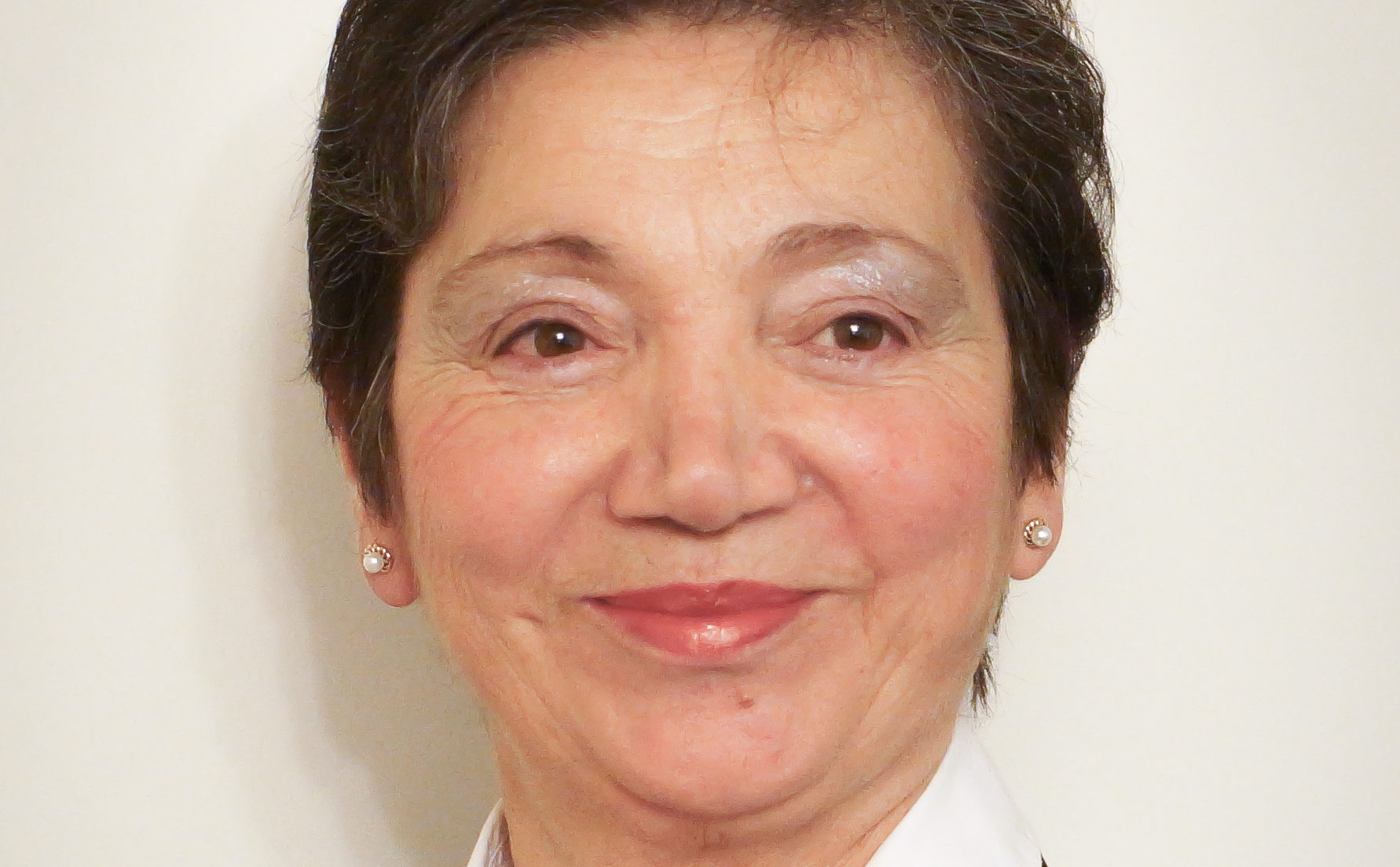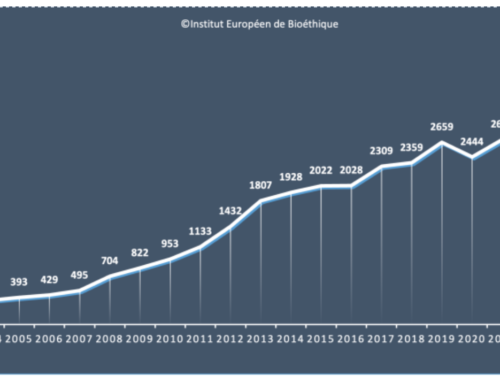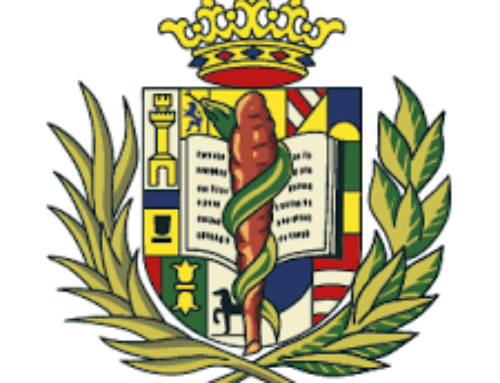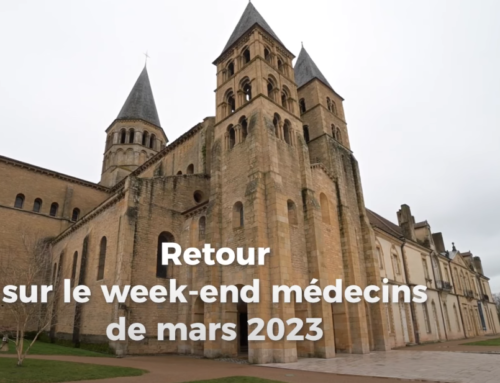Gethsemane Watch
By Anne Lastman
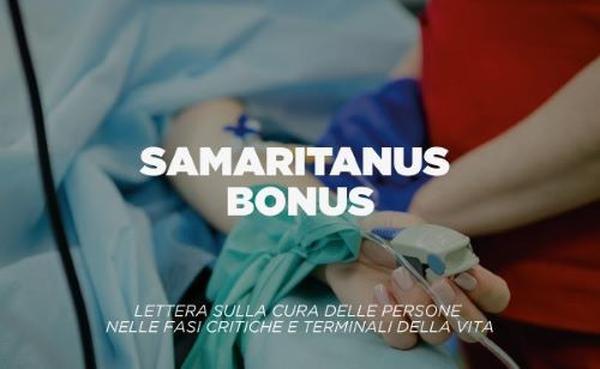
The Vatican’s new document “Samaritanus Bonus. On the care persons in the critical and terminal phases of life” is not only timely but strongly worded and beautiful. Not in any way wavering but with insistence on the Church’s teaching of the value of human life. It’s timely too because of the galloping demands for the legalisation of euthanasia and assisted suicide not only in Australia where already euthanasia has been legalised in some states and we have seen an obscene increase in demands to have life terminated at the time of choice. In this climate of anti-life, pursuit and governmental usurping of what is God’s domain, life, has grown exponentially.
Global governments, including Australia, have acceded to calls from death culture proponents to be granted the legal right to legally terminate a life, (with legal assistance) either one’s own or the life of another at times under the guise of “a false sense of compassion” (Samaritanus Bonus p3). Like abortion, globally, end of life laws have been in the sights of anti-life proponents as the next step following their wins in ensuring early life (abortion) deaths as rights.
Euthanasia, assisted suicide, abortion are intrinsically evil, and a “crime against human life, because in this act, one chooses directly to cause the death of another innocent human being” (Samaritanus Bonus p3).
Perhaps we should not have been surprised with these demands for end of life termination at chosen time because abortion too was from the very beginning a demand to be able to kill another at a chosen time without legal repercussions, and further, we should not be surprised with the calls for legalisation of euthanasia and assisted suicide because the groundwork for such brazen demands was slowly prepared by the abortion proponents who in 60 years have changed the meaning of the word “abortion” from one which was to be whispered to one where its shouted from rooftops and worn as a badge of honour.
Society, in accepting the legal and unashamed death of in utero helpless infants has slowly been desensitised and prepared to accept other “dependent” “vulnerable” human beings as disposable. Here we see those things called “rights” “choice” etc. and not all rights and choices are beneficial. This is the place we find ourselves today. A place and time where rights and choices are espoused and demanded but this mostly about the vulnerable.
It will not be mandatory (says the law) and with restrictions, and only available for those who wish or consent to it. But of course, legal. With the abortion issue it was only to be for the hard cases and at early gestation. Today we know different. Abortion no questions asked to full term. The same will be for euthanasia. We are already seeing this in other countries that have legalised it (Canada). The emotive language used, the “good and dignified death” (as if death has dignity to it.) will ensure that once we have erected that slippery slope, the parameters will broaden much, just as they did with the other death dealing issue called abortion. Euthanasia for depression and demanded by someone who is depressed (young person in Belgium). Tired of life situations, or accepting difficulties which arise due to health issues.
If euthanasia becomes legal, the sense of being a burden to family and state will be greatly increased. Seriously ill individuals do not need euthanasia. What is needed is enhanced provision of end of life care services which are aimed at managing symptoms, pain, and quality of life during the individual’s final journey, rather than assisting someone to die.
End of life tender care will enhance society in the knowledge that we have found a way to assist those on the final lap of their journey to do this well and accompanied. We are all ennobled through this medium.
Our medical system and our society, enabling premature death in order to satisfy wishes is not enhanced in any way but bows to the god of more sophisticated violence.
That pain needs to be better managed, absolutely. That more research into the area of pain management is needed. absolutely. That magnificent facilities for end of life care needed, absolutely. That qualified staff are needed who can remain with the patient and “bear witness to their unique and unrepeatable value” (Samaritanus Bonus) absolutely. But euthanasia or assisted suicide? That only witnesses to a throw away culture.
If euthanasia/assisted suicide become an option with its own language and regulations, the life of those who are chronically ill will be thought of as valueless and a burden and costly, then as a society we have advanced much in technology and declined enormously in our morality, humanity and compassion, because it involves the decision that there is a class of individuals whose lives are deemed valueless and therefore deliberately terminated. Their status as human beings removed and replaced with a number, or something similar. Enactment of such a law says that modern society believes that our continued survival depends entirely on good health and when the effects of age, pain, disease, and suffering occur, there is available a legal, quick way to exit, syringe death. Their value having now been exhausted.
Euthanasia and assisted suicide, far from protecting the dignity of those who are challenged, would undermine that very dignity which is touted as important by the “dying with dignity” chanters. The human being’s dignity, according to them, is limited to being healthy.
Demands for premature death are purportedly demanded because of the idea that unbearable pain should not have to be endured as it is, and of course this is true, but pain management is very real, and with proper care pain levels improved. The “Gethsemane watch” (staying and waiting with a loved one) is very real and with laws for choice dying we will be found sleeping. Our “Gethsemane watch” cut short because of inconvenience and maybe even some “false sense of compassion” (Samaritanus Bonus p3). The beguiling words of the “father of lies” and the “murderer from the beginning” (Jn 8:44).
Euthanasia, assisted suicide, abortion are all encouraged by a soothing, smooth voice, assuring that it’s the right thing to do because of less suffering but after achieving its intent the soothing, smooth voice becomes the accusative voice of malice “you killed him/her” before he goes off to return at more opportune time. (Lk 4:13).
Pain and suffering and death are part of the human condition, at times involving psychological, physical, spiritual, and emotional aspects and each of these aspects needs to be addressed and cared for. This is where palliative care, end of life care, can address these needs especially of those who are enduring pain, anguish and loneliness. Yes, deep ontological loneliness. Yes, the loneliness of that final part of the journey which must be walked alone.
Euthanasia, assisted suicide, like abortion have inscribed into them “intent” and its “intent” is to cause death. Whilst the victim being aborted is unseen (internal), euthanasia, assisted suicide are external and visible aspects of the intentional death and as DSMV states grief is more profound when “intent” is present.
Those involved in euthanasia, assisted suicide and abortion will experience in due course a grief not only for their loss but the “intent” when acceding to the request. That moment when the question arises “did we/I do the right thing?” In the still of silence “did I kill my loved one” will haunt.
Just as those who are left behind following a suicide are haunted with “could we/I have done more?” so in due course those left behind following euthanasia, assisted suicide will also be haunted with “did I/we do the right thing?”
Euthanasia, assisted suicide, and even abortion are contrary to all we know as human. The laws which endanger this knowledge slowly remove our belief that the human being is an amazing creation capable of magnificent exploits but deemed, towards the end of life, as something much less. Indeed, a burden and disposable.
Ultimately euthanasia and assisted suicide are another form of violence just like abortion, domestic violence, societal violence, elder abuse, murder, child abuse, wars, human trafficking. These two new forms of dying (euthanasia and assisted dying) are the new form of violence of a death culture. A culture which has begun its slide down that slippery slope.

